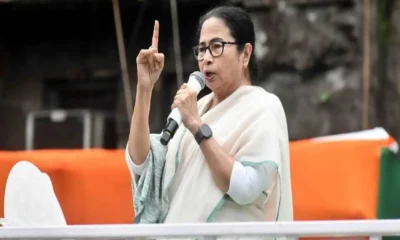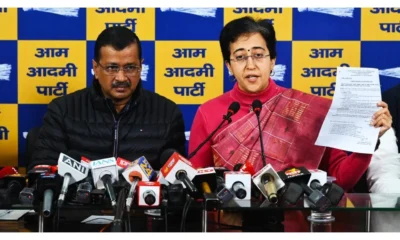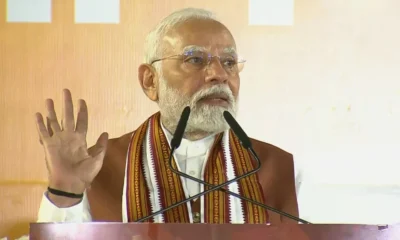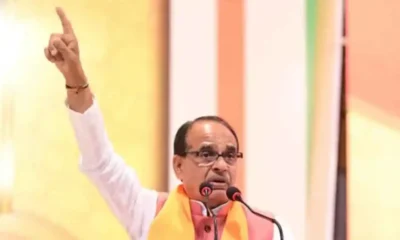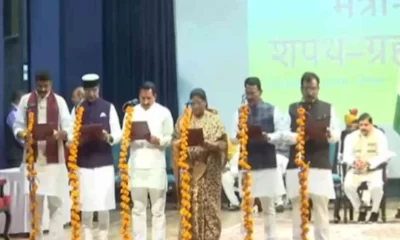By Neeraj Mishra
It has been understood for long that in Rajasthan, Vasundhara Raje Scindia has been an eyesore for the Modi-Shah combine but their absolute disdain for Shivraj Singh Chouhan in Madhya Pradesh has come as a surprise for many.
Chouhan, on his part, has always made a great show of laying the red carpet for PM Modi, whether presenting him with those cheetahs from South Africa on his birthday or copying his Banaras corridor in Ujjain, he has consciously sucked up to the party boss.
What has happened so far is that after an internal assessment, the party bosses has realised that there is a severe anti-incumbency factor against Chouhan and it would be best to get rid of him to save the party. Though this had been in the making since January this year and the Jyotiraditya Scindia camp had been making suitable noises, Chouhan survived through some clever manoeuvres with Nagpur. He also roped in the combined strength of Narendra Tomar, Kailash Vijayvargiya and Prahlad Patel, who were convinced that an outsider like Scindia had to be stopped.
Three months before the elections, however, Modi and Home Minister Amit Shah played a more clever game. They pushed all the aspirants for the CM’s post into the fray so now the BJP has at least half a dozen future BJP chief ministers fighting to win. Apart from Scindia, Tomar, Chouhan, Vijayvargiya and Patel, there is Narottam Mishra and eight-time MLA Gopal Bhargav. The thinking at the top is that each of them has to win in their own bastions and also ensure their region returns the most BJP MLAs.
So where does that leave Chouhan? After being completely sidelined by Modi at all public meetings since September, when the PM even refused to acknowledge his presence on stage, Shivraj has uncharacteristically started making all the noise for himself in his public meetings. He started asking the crowds whether they want to see him back as CM. This has further strained relations within the party.
What most people forget that Chouhan despite 17 years in power was never a mass leader and he used all treasury resources to build an image for himself which is in complete contrast to his own persona. He was always a party worker who tagged along with former chief minister Sunderlal Patwa and RSS strongman Kushabhau Thakre. He was promoted by them for his immense ability to bend as desired. His malleability and political opportunism combined with great luck brought him to the chief minister’s chair without much effort.
Though a four-term Chief Minister, he actually won an election only once on his own. He lost the 2003 elections from Raghogarh but was brave enough to take on the sitting chief minister Digvijaya Singh. Uma Bharati led the BJP to a massive decimation of the Congress but as things turned out, Chouhan became chief minister by 2006 after 2.5 years. He then cleverly worked his way into Congress folds and bluffed then PCC president Suresh Pachauri, another baseless political climber, into sleepwalking in 2008 thinking victory was around the corner. Pachauri is till date accused of striking a deal with Chouhan and his political career never recovered after that loss.
The only election Chouhan won was in 2013 by which time the Congress was in massive disarray and Modi had appeared on the scene by September that year. That carried Chouhan and the BJP through in November 2013, six months ahead of national elections. He went on to lose in 2018 to the Kamal Nath-led Congress but returned to power 15 months later riding on the back of Scindia’s betrayal. It is believed that he financed the betrayal of 22 MLAs and each was paid Rs 30 crore as revealed by Kamal Nath himself in an interview to Aaj Tak. So, in effect, Chouhan has been the luckiest political leader in modern India.
This is now understood by the Modi-Shah combine. They also realise that out of power, Chouhan has little standing within or without the party. Chouhan will also have too many court cases and corruption allegations to answer once out of his seat. It is unlikely that Kamal Nath, if he wins, will do it but at some point luck always runs out, even if it is 17 years later. That point may be now in Chouhan’s life.
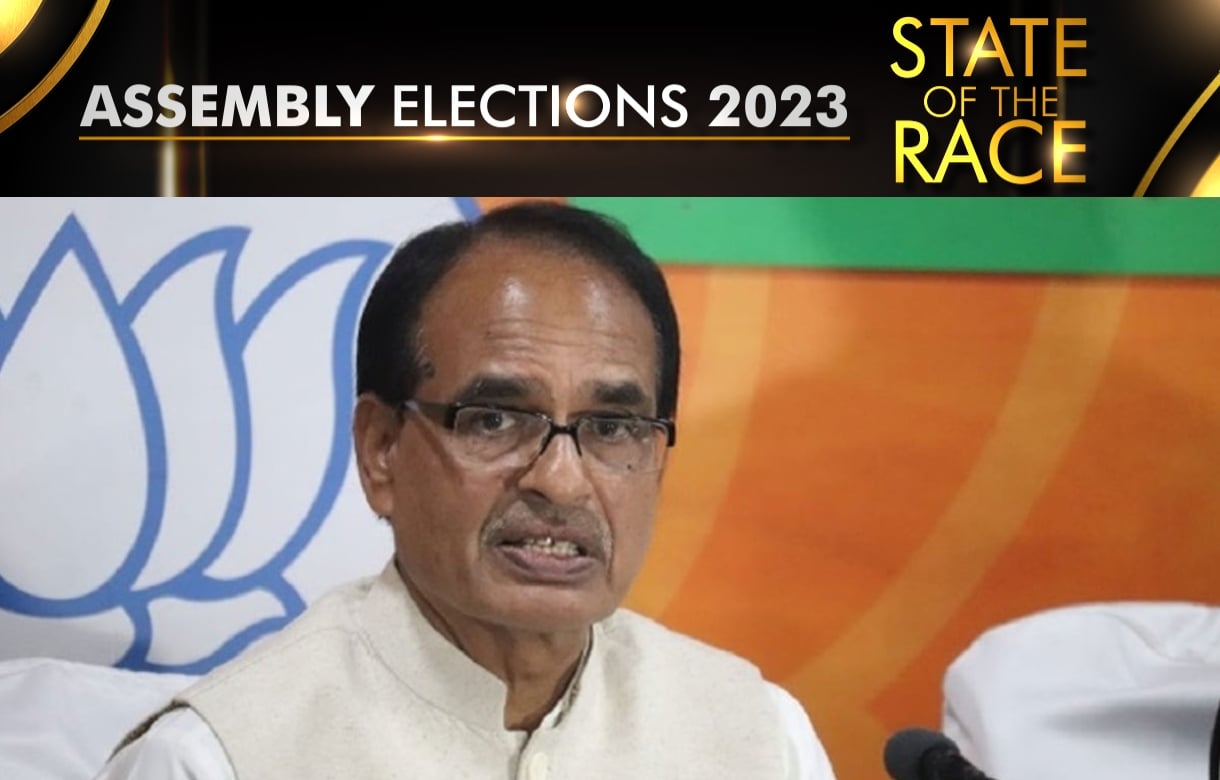

 Latest world news13 hours ago
Latest world news13 hours ago
 Latest world news13 hours ago
Latest world news13 hours ago
 India News12 hours ago
India News12 hours ago
 Latest world news12 hours ago
Latest world news12 hours ago
 India News12 hours ago
India News12 hours ago


